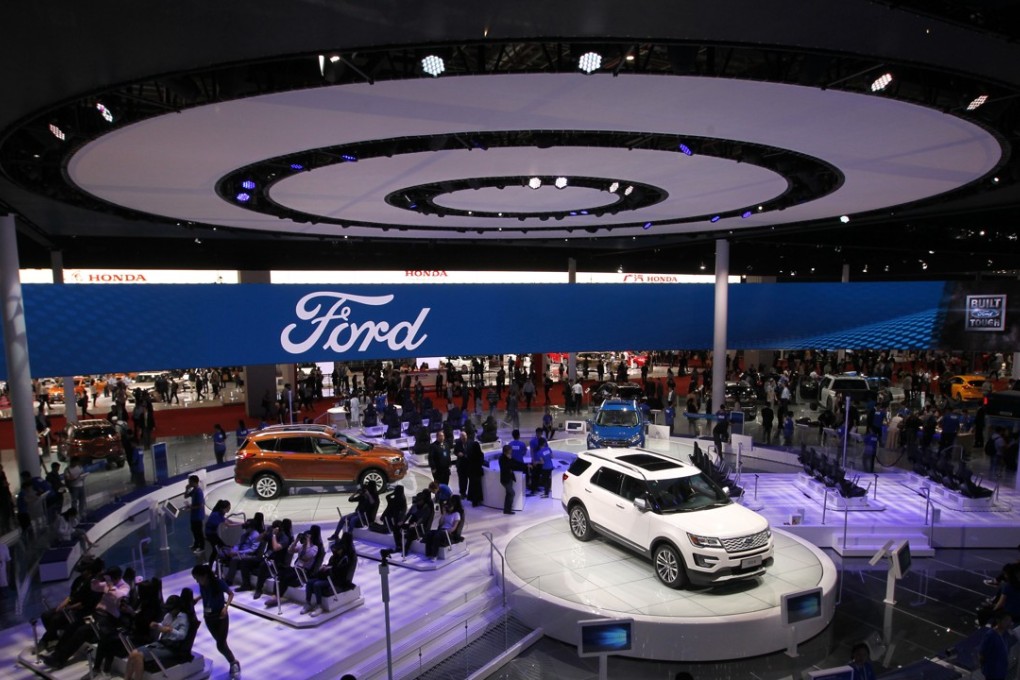Death of a car salesman: How the Ford-Alibaba tie-up will change the way cars are sold in China
Automakers are experimenting with ways to reach consumers online, pushing the car-buying experience from dealership showrooms to people's living rooms through the use of the internet. That is redefining the role of traditional car dealerships.

For many decades, people who wanted to buy a car went to a dealership to kick the proverbial tire and meet with salesmen whose mantra – always be closing – meant that a quick sale would follow.
That era is fast receding in the rear view mirror as consumers have increasingly moved on to comparison shopping websites to do their homework.
For a new generation of shoppers in China who are used to buying everything from shampoo to ski holidays online, buying big-ticket items like cars on the internet does not offer the sort of barrier that used to exist before.
Wang Xi, a 27-year-old property salesman, said he quit his job selling cars two years ago because of most everything can now be sold online.
“I think there’s a high risk of car salesmen losing their jobs,” said Wang. “You can buy a car from an online platform, without asking for a test drive, based on your friend’s recommendation … A robot can easily provide all the information about a car to customers.”
The McKinsey Global Institute, the economics research arm of consultancy McKinsey & Co, recently predicted that up to 800 million existing jobs would be automated by 2030.